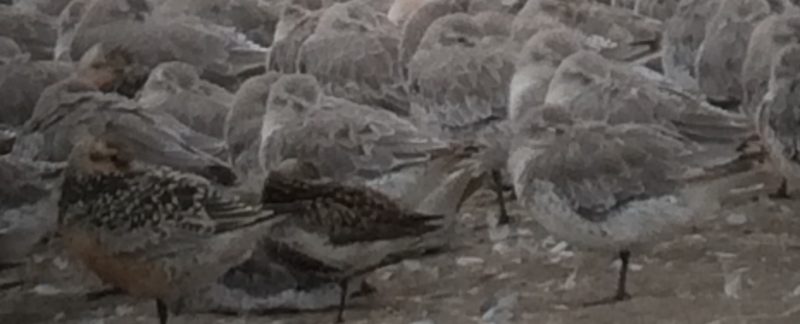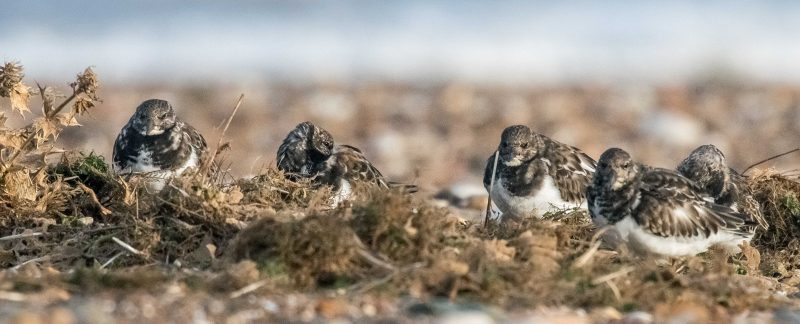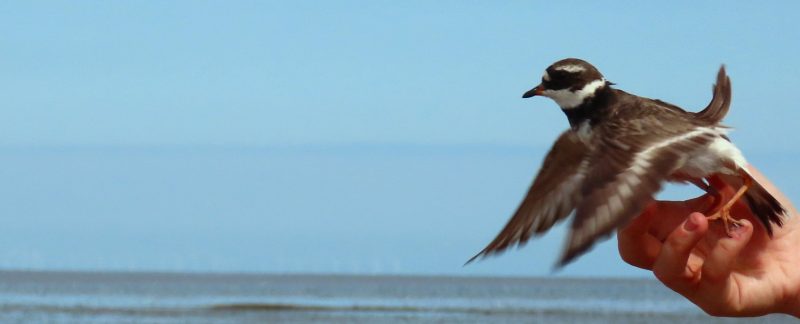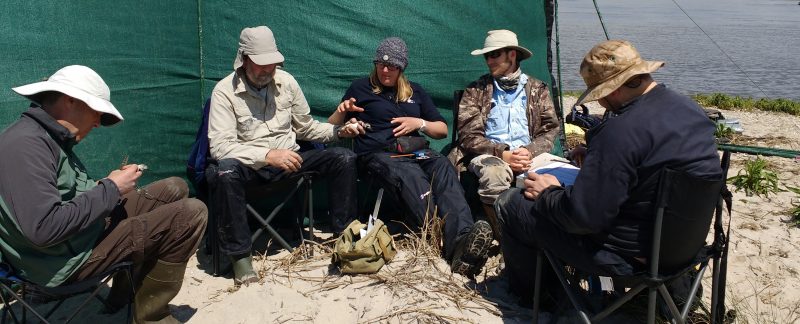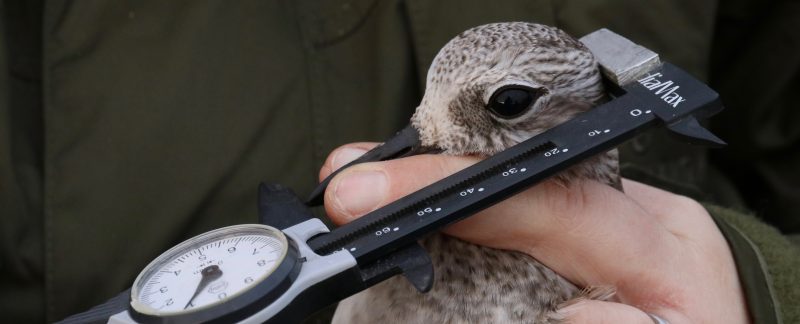The lockdown imposed by the government in response to the Covid-19 pandemic lasted seven weeks during which fieldwork, including ringing and re-sighting, across the UK came to a standstill. WWRG had just completed their winter field work with the final catching weekend of the season having taken place in mid-March. Trips for several members of WWRG to Delaware and to Iceland were cancelled and opportunities for re-sighting on the Wash were all curtailed during the final weeks of spring 2020 as we were all told to stay at home. Garden ringing and local walks (hopefully entered into Birdtrack) became the norm.
Continue Reading →